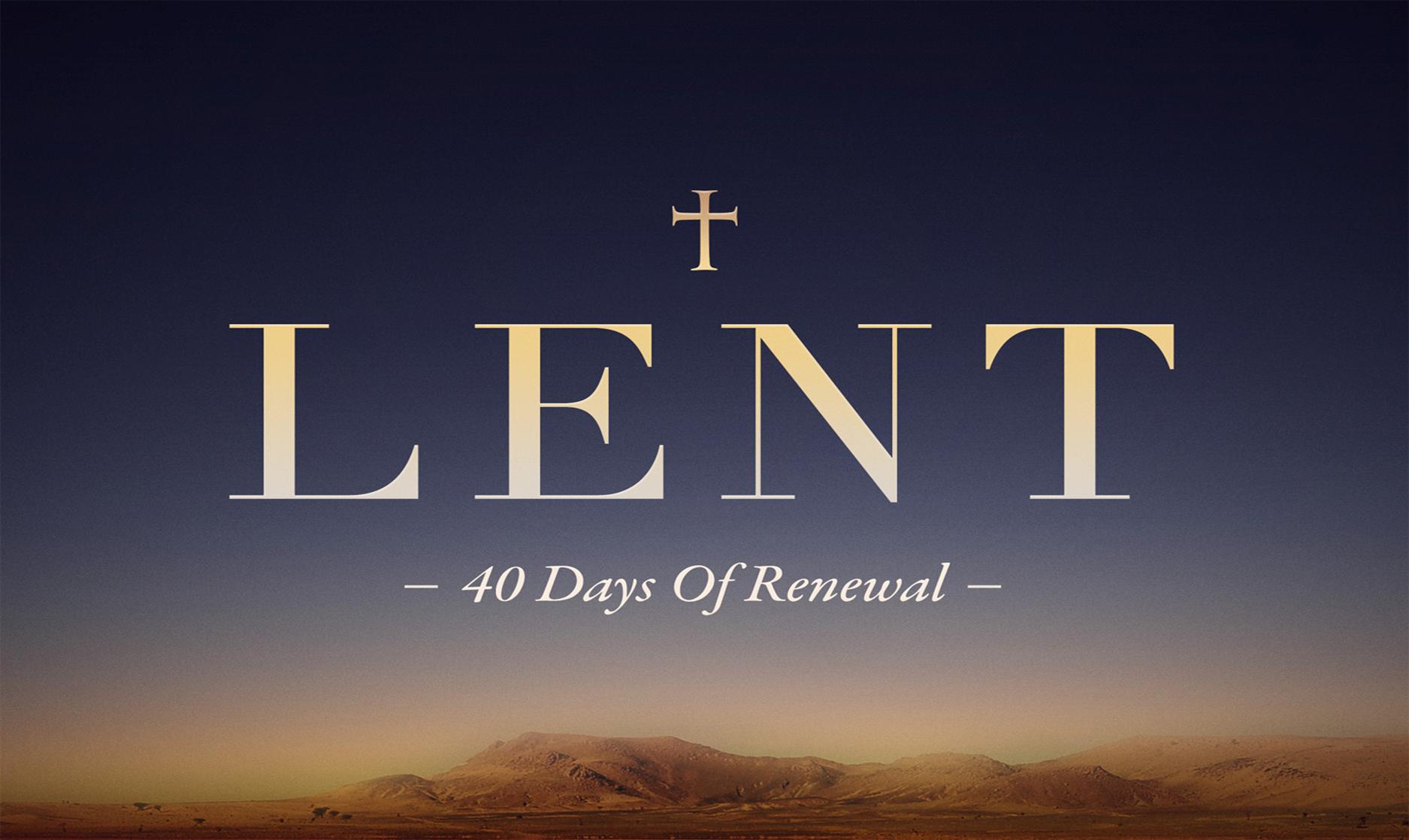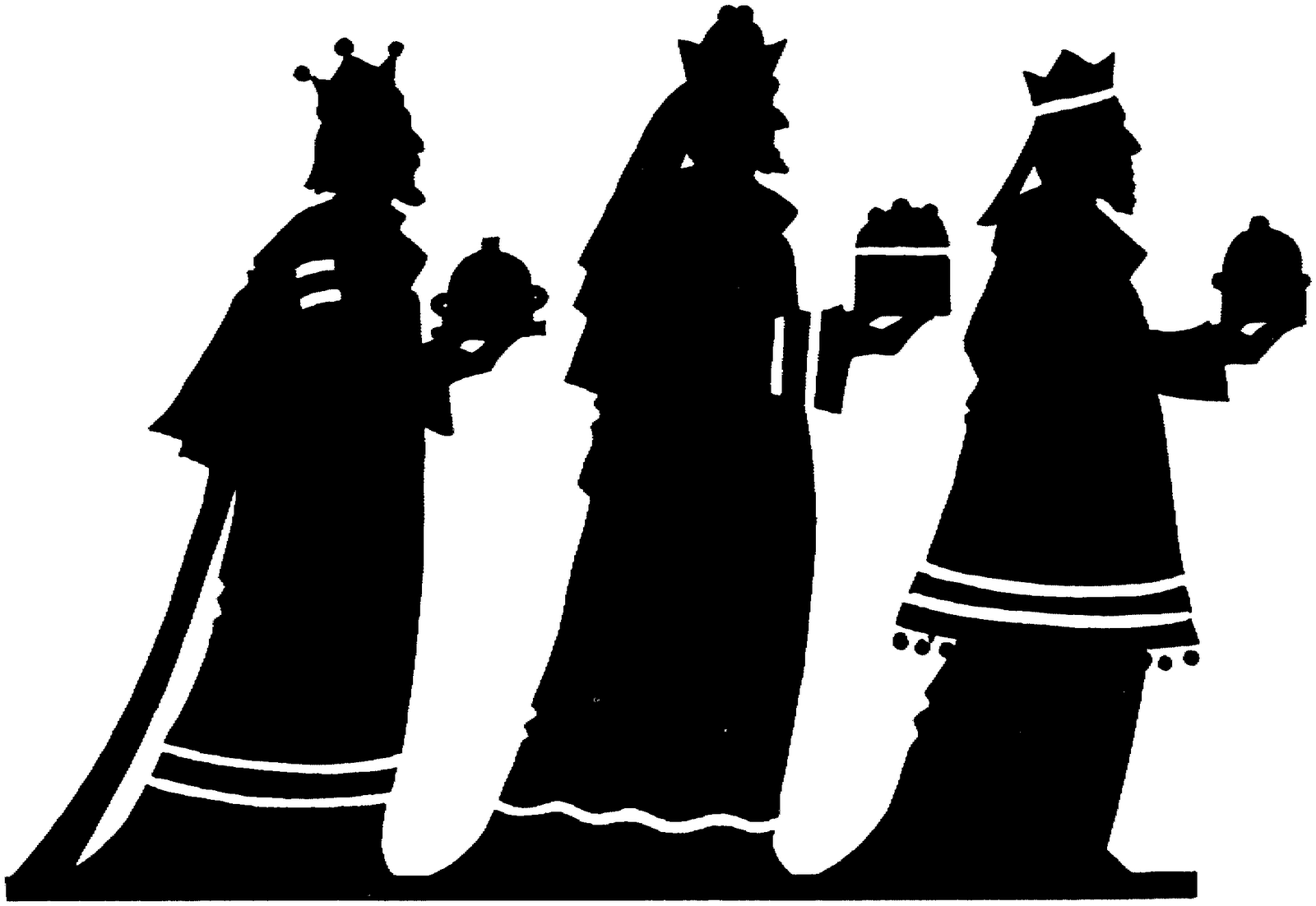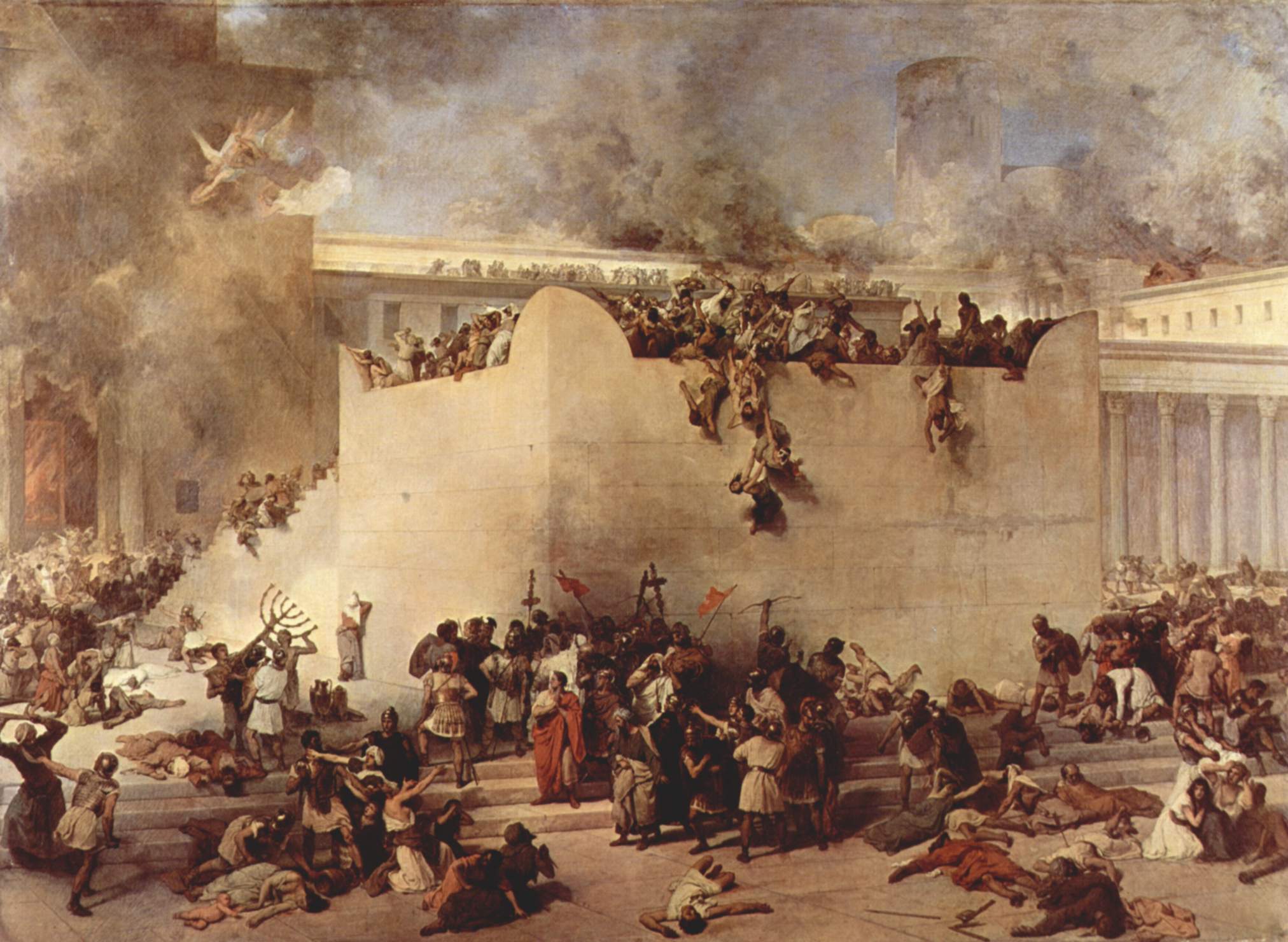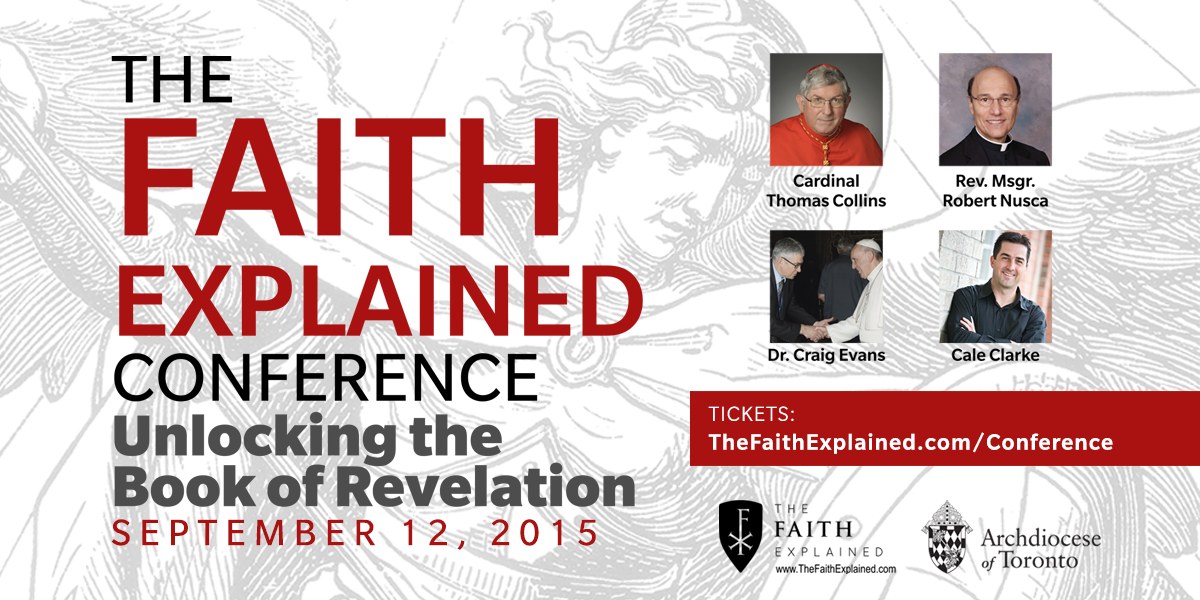
Q. Today’s readings have a common theme: the absolute need to repent of sin, but also God’s abundant mercy for those who do. Would you agree?
A. That’s true. Psalm 103, the Responsorial Psalm from today’s readings, reminds us that “The Lord is kind and merciful”. One of the greatest mercies God provides for us is to “tell it like it is” – to explain reality to us, and warn us of the consequences of not repenting.
This is why St. Paul, in the second reading from 1 Corinthians 10, speaks about members of the Old Testament people of God who did not make it from Egypt to the promised land of Israel. Tragically, these people were “struck down” in the desert because they were not pleasing to the Lord. This was despite the fact that “all of them were baptized into Moses in the cloud and in the sea. All ate the same spiritual food, and all drank the same spiritual drink, for they drank from a spiritual rock that followed them, and the rock was the Christ.”
Q. How does this apply to Catholics today?
A. The same dangers and consequences of unrepentance face the modern-day people of God. Like the Israelites of the Exodus generation, Catholics can sometimes view their baptism as a sort of “lifetime membership card” for Heaven. They frequent the communion lines, but not the queue for the confessional. They “all eat the same spiritual food, and all drink the same spiritual drink – the Christ” in the Eucharist. But they run the same risk that the Israelites did – of being “struck down” in the journey through the wilderness of this life, and not making it to the true promised land of Heaven. The reason is that they feel no need to repent of their sin. Just being “Catholic in name only”, they feel, will be enough to get them “in”. But God is not mocked.
Q. How can we avoid this trap?
A. By sincere repentance, and producing the fruit of the Kingdom in their lives. God will always forgive the one who truly is sorry for their sin, and who desires to change. This is why Jesus reminds us that “God is no respecter of persons”. This means that he judges everyone by the same, objective standard. As Jesus said in today’s Gospel, speaking of people who had died tragically in his time, “unless you repent, you will all perish as they did”.
Jesus then tells a parable about a fruitless fig tree. The owner wants to cut it down, but the “gardener”, who represents Christ, pleads with him to give him more time to “fertilize” it. After one more year, if the tree is still fruitless, the owner can cut it down.
We are like those trees. Christ has given us all the “fertilizer” we need to grow and bear fruit that will last. The scriptures, the sacraments, the teaching of the Church, the community of faith – all the conditions necessary for growth. We never know how much time we have left before we face eternity. Let us not waste this Lent. Who knows? It may be the last one we ever have. Let us truly repent and produce the fruit of the Kingdom in our lives, that we may share in the joy of the resurrection harvest.










